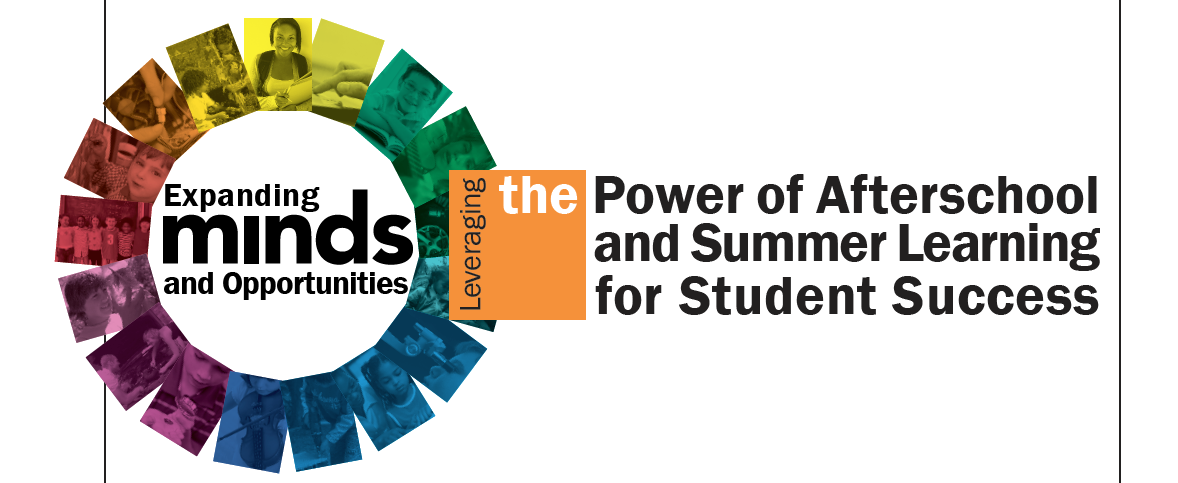
This article is an excerpt from the groundbreaking book, Expanding Minds and Opportunities: Leveraging the Power of Afterschool & Summer Learning for Student Success.This landmark compendium, edited by Terry K. Peterson, PhD, is composed of nearly 70 research studies, reports, essays, and commentaries by more than 100 researchers, educators, community leaders, policy makers, and practioners.